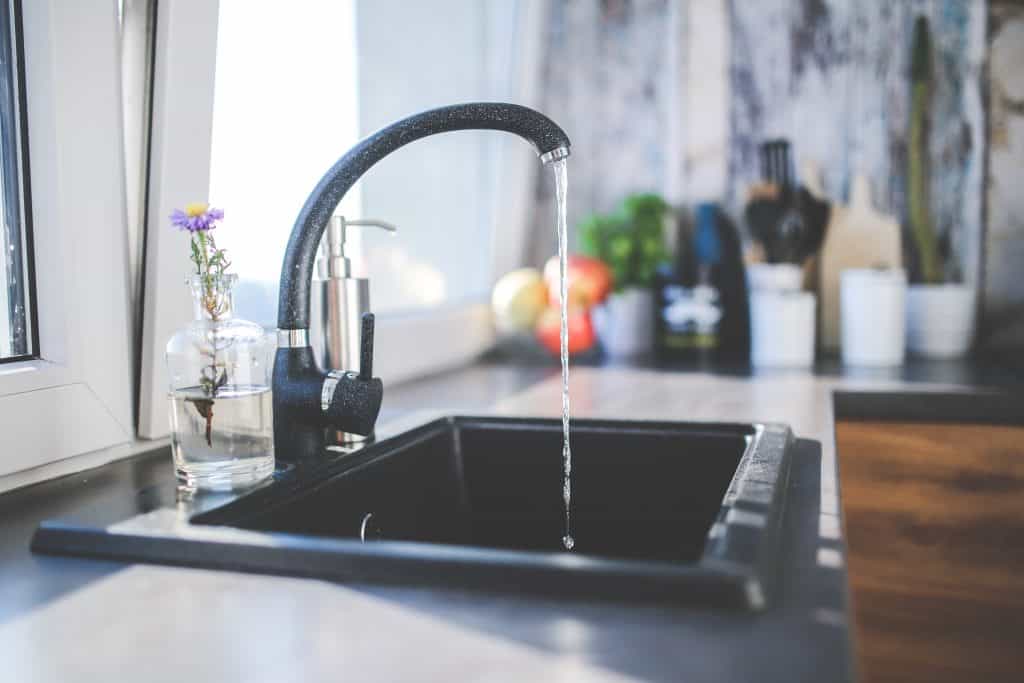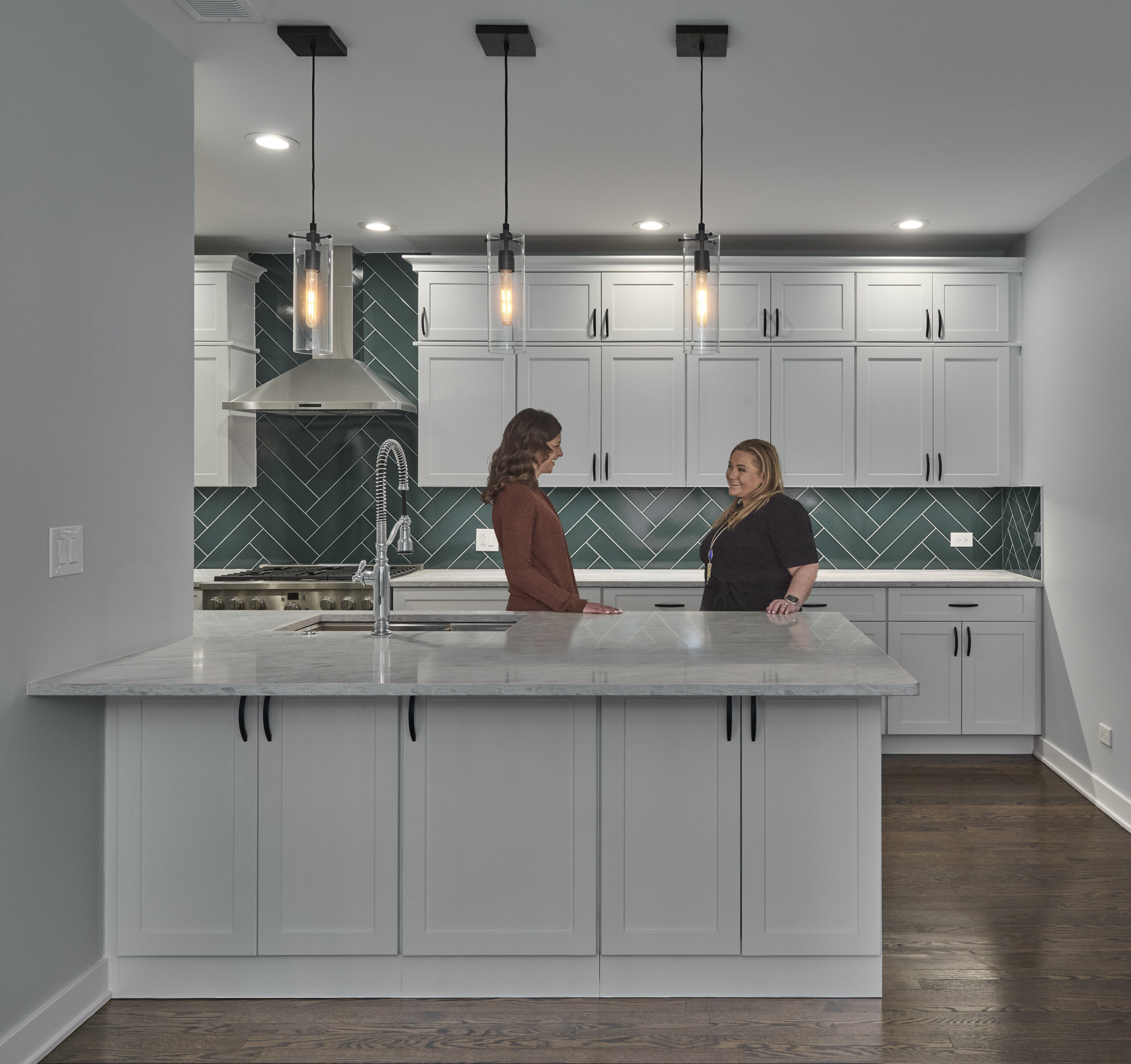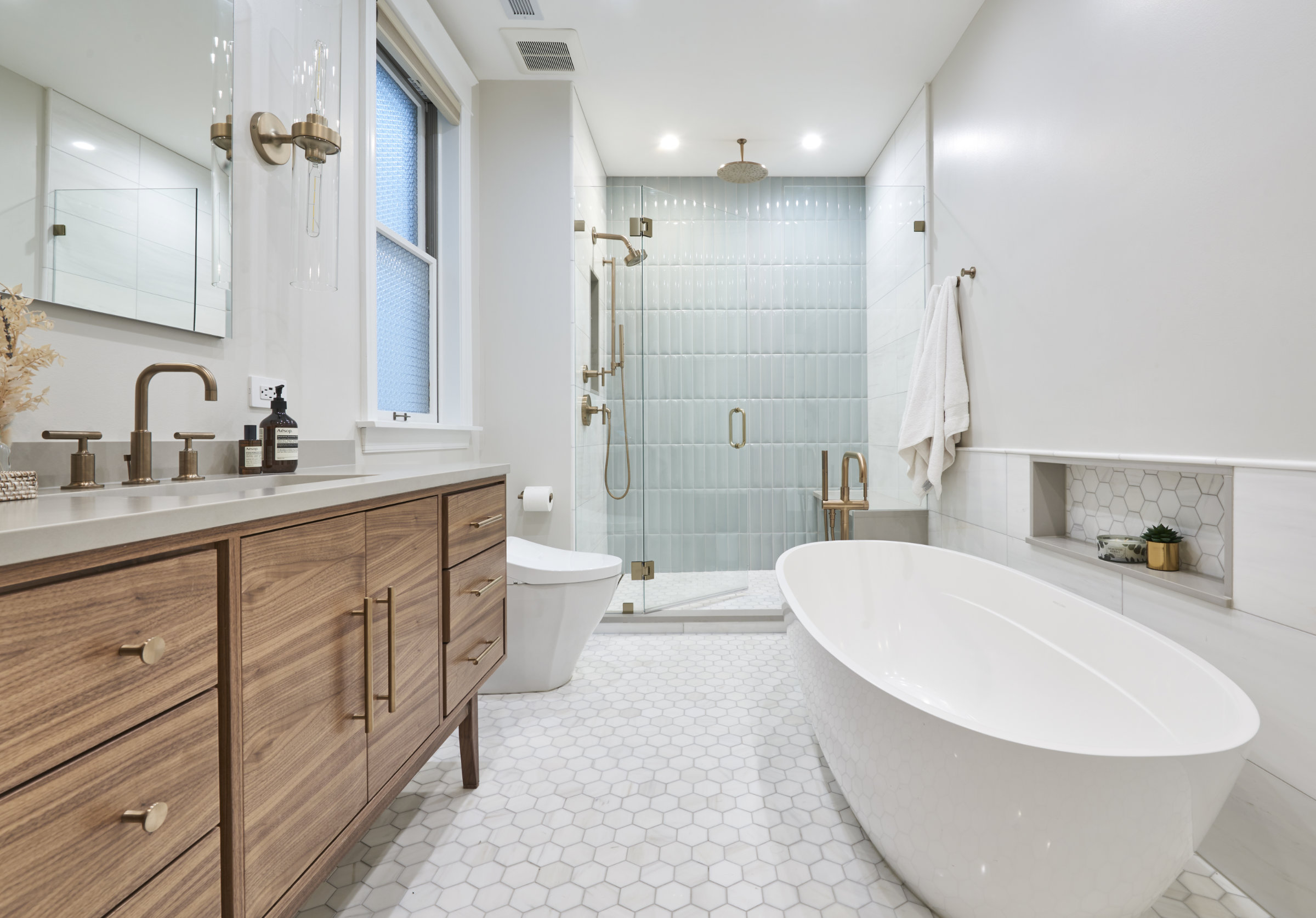The 123 Remodeling office is still open today, even as the temperature outside drops further into the negative and the windchill is literally -41. 
Nonetheless, we are professionals, and we persevere because Chicago is all about continuing to work in spite of actual freezing winds.
That said, we might as well take a moment to spread the good word about keeping your house safe in this weather.
As you’ll remember from middle school science class, when water freezes, it expands. And just like your soda will explode if you forget to take it out of the freezer while trying to chill it, even the best pipes can burst when pressurized water freezes. Burst pipes are one of the most common causes of property damage this time of year and can cost you thousands of dollars.
Pipes most at risk are those in unheated interior spaces such as basements, attics, and garages. But even pipes running through cabinets or exterior walls can freeze. The good news is there are some simple things you can do to keep your water running and your house dry.
6 Pro Tips to Protect Your Pipes
- Keep cabinet doors open in the kitchen and bathroom so the heat from the room will circulate around the pipes.
- Keep the thermostat set to the same temperature during the day and night. Again, during a cold snap is not the time to set back the thermostat at night to save a few bucks on your heating bill.
- If you plan to be away during cold weather, leave the heat on in your home, set to a temperature no lower than 55° F (I have my house running at 75 since it’s so cold today).
 Add pipe insulation around pipes. You can get the materials at any Lowes or Home Depot, and it’s an easy install for homeowners and handymen.
Add pipe insulation around pipes. You can get the materials at any Lowes or Home Depot, and it’s an easy install for homeowners and handymen.- Allow the faucet to drip if you are afraid a pipe will freeze, you can open the faucet feed by that pipe just a bit so the faucet drips slightly. Allowing the faucet to be open like this relieves pressure in the system.
- For the long-term, add insulation to attics, basements, and crawl spaces. Insulation will maintain higher temperatures in those areas. And to prevent drafts, seal cracks and openings around windows, doors, and at sill plates, where the house rests on its foundation.
Most important of all, stay safe and stay warm; frozen pipes can be fixed, frozen fingers are harder.



